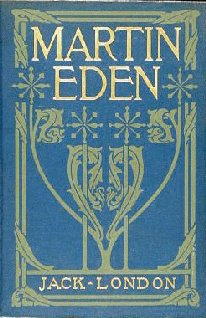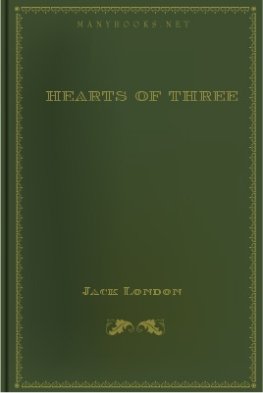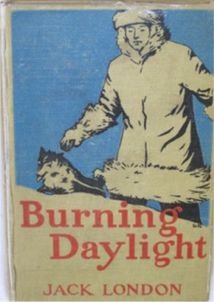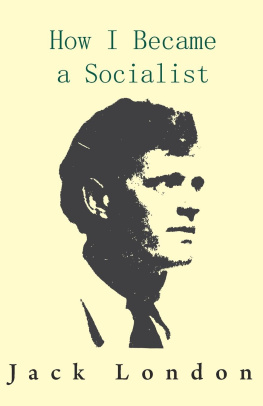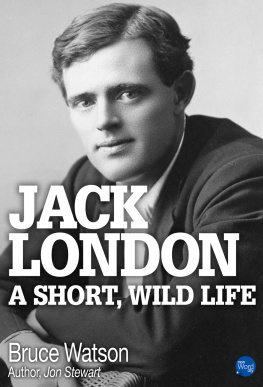Jack London - The House of Pride
Here you can read online Jack London - The House of Pride full text of the book (entire story) in english for free. Download pdf and epub, get meaning, cover and reviews about this ebook. genre: Prose. Description of the work, (preface) as well as reviews are available. Best literature library LitArk.com created for fans of good reading and offers a wide selection of genres:
Romance novel
Science fiction
Adventure
Detective
Science
History
Home and family
Prose
Art
Politics
Computer
Non-fiction
Religion
Business
Children
Humor
Choose a favorite category and find really read worthwhile books. Enjoy immersion in the world of imagination, feel the emotions of the characters or learn something new for yourself, make an fascinating discovery.

- Book:The House of Pride
- Author:
- Genre:
- Rating:5 / 5
- Favourites:Add to favourites
- Your mark:
- 100
- 1
- 2
- 3
- 4
- 5
The House of Pride: summary, description and annotation
We offer to read an annotation, description, summary or preface (depends on what the author of the book "The House of Pride" wrote himself). If you haven't found the necessary information about the book — write in the comments, we will try to find it.
The House of Pride — read online for free the complete book (whole text) full work
Below is the text of the book, divided by pages. System saving the place of the last page read, allows you to conveniently read the book "The House of Pride" online for free, without having to search again every time where you left off. Put a bookmark, and you can go to the page where you finished reading at any time.
Font size:
Interval:
Bookmark:
THE HOUSE OF PRIDE
by Jack London
THE HOUSE OF PRIDE
Percival Ford wondered why he had come. He did not dance. He did not care much for army people. Yet he knew them all-gliding and revolving there on the broad lanai of the Seaside, the officers in their fresh-starched uniforms of white, the civilians in white and black, and the women bare of shoulders and arms. After two years in Honolulu the Twentieth was departing to its new station in Alaska, and Percival Ford, as one of the big men of the Islands, could not help knowing the officers and their women.
But between knowing and liking was a vast gulf. The army women frightened him just a little. They were in ways quite different from the women he liked best-the elderly women, the spinsters and the bespectacled maidens, and the very serious women of all ages whom he met on church and library and kindergarten committees, who came meekly to him for contributions and advice. He ruled those women by virtue of his superior mentality, his great wealth, and the high place he occupied in the commercial baronage of Hawaii. And he was not afraid of them in the least. Sex, with them, was not obtrusive. Yes, that was it. There was in them something else, or more, than the assertive grossness of life. He was fastidious; he acknowledged that to himself; and these army women, with their bare shoulders and naked arms, their straight-looking eyes, their vitality and challenging femaleness, jarred upon his sensibilities.
Nor did he get on better with the army men, who took life lightly, drinking and smoking and swearing their way through life and asserting the essential grossness of flesh no less shamelessly than their women. He was always uncomfortable in the company of the army men. They seemed uncomfortable, too. And he felt, always, that they were laughing at him up their sleeves, or pitying him, or tolerating him. Then, too, they seemed, by mere contiguity, to emphasize a lack in him, to call attention to that in them which he did not possess and which he thanked God he did not possess. Faugh! They were like their women!
In fact, Percival Ford was no more a womans man than he was a mans man. A glance at him told the reason. He had a good constitution, never was on intimate terms with sickness, nor even mild disorders; but he lacked vitality. His was a negative organism. No blood with a ferment in it could have nourished and shaped that long and narrow face, those thin lips, lean cheeks, and the small, sharp eyes. The thatch of hair, dust-coloured, straight and sparse, advertised the niggard soil, as did the nose, thin, delicately modelled, and just hinting the suggestion of a beak. His meagre blood had denied him much of life, and permitted him to be an extremist in one thing only, which thing was righteousness. Over right conduct he pondered and agonized, and that he should do right was as necessary to his nature as loving and being loved were necessary to commoner clay.
He was sitting under the algaroba trees between the lanai and the beach. His eyes wandered over the dancers and he turned his head away and gazed seaward across the mellow-sounding surf to the Southern Cross burning low on the horizon. He was irritated by the bare shoulders and arms of the women. If he had a daughter he would never permit it, never. But his hypothesis was the sheerest abstraction. The thought process had been accompanied by no inner vision of that daughter. He did not see a daughter with arms and shoulders. Instead, he smiled at the remote contingency of marriage. He was thirty-five, and, having had no personal experience of love, he looked upon it, not as mythical, but as bestial. Anybody could marry. The Japanese and Chinese coolies, toiling on the sugar plantations and in the rice-fields, married. They invariably married at the first opportunity. It was because they were so low in the scale of life. There was nothing else for them to do. They were like the army men and women. But for him there were other and higher things. He was different from them-from all of them. He was proud of how he happened to be. He had come of no petty love-match. He had come of lofty conception of duty and of devotion to a cause. His father had not married for love. Love was a madness that had never perturbed Isaac Ford. When he answered the call to go to the heathen with the message of life, he had had no thought and no desire for marriage. In this they were alike, his father and he. But the Board of Missions was economical. With New England thrift it weighed and measured and decided that married missionaries were less expensive per capita and more efficacious. So the Board commanded Isaac Ford to marry. Furthermore, it furnished him with a wife, another zealous soul with no thought of marriage, intent only on doing the Lords work among the heathen. They saw each other for the first time in Boston. The Board brought them together, arranged everything, and by the end of the week they were married and started on the long voyage around the Horn.
Percival Ford was proud that he had come of such a union. He had been born high, and he thought of himself as a spiritual aristocrat. And he was proud of his father. It was a passion with him. The erect, austere figure of Isaac Ford had burned itself upon his pride. On his desk was a miniature of that soldier of the Lord. In his bedroom hung the portrait of Isaac Ford, painted at the time when he had served under the Monarchy as prime minister. Not that Isaac Ford had coveted place and worldly wealth, but that, as prime minister, and, later, as banker, he had been of greater service to the missionary cause. The German crowd, and the English crowd, and all the rest of the trading crowd, had sneered at Isaac Ford as a commercial soul-saver; but he, his son, knew different. When the natives, emerging abruptly from their feudal system, with no conception of the nature and significance of property in land, were letting their broad acres slip through their fingers, it was Isaac Ford who had stepped in between the trading crowd and its prey and taken possession of fat, vast holdings. Small wonder the trading crowd did not like his memory. But he had never looked upon his enormous wealth as his own. He had considered himself Gods steward. Out of the revenues he had built schools, and hospitals, and churches. Nor was it his fault that sugar, after the slump, had paid forty per cent; that the bank he founded had prospered into a railroad; and that, among other things, fifty thousand acres of Oahu pasture land, which he had bought for a dollar an acre, grew eight tons of sugar to the acre every eighteen months. No, in all truth, Isaac Ford was an heroic figure, fit, so Percival Ford thought privately, to stand beside the statue of Kamehameha I. in front of the Judiciary Building. Isaac Ford was gone, but he, his son, carried on the good work at least as inflexibly if not as masterfully.
He turned his eyes back to the lanai. What was the difference, he asked himself, between the shameless, grass-girdled hula dances and the decollete dances of the women of his own race? Was there an essential difference? or was it a matter of degree?
As he pondered the problem a hand rested on his shoulder.
Hello, Ford, what are you doing here? Isnt this a bit festive?
I try to be lenient, Dr. Kennedy, even as I look on, Percival Ford answered gravely. Wont you sit down?
Dr. Kennedy sat down, clapping his palms sharply. A white-clad Japanese servant answered swiftly.
Scotch and soda was Kennedys order; then, turning to the other, he said:-
Of course, I dont ask you.
But I will take something, Ford said firmly. The doctors eyes showed surprise, and the servant waited. Boy, a lemonade, please.
The doctor laughed at it heartily, as a joke on himself, and glanced at the musicians under the
Font size:
Interval:
Bookmark:
Similar books «The House of Pride»
Look at similar books to The House of Pride. We have selected literature similar in name and meaning in the hope of providing readers with more options to find new, interesting, not yet read works.
Discussion, reviews of the book The House of Pride and just readers' own opinions. Leave your comments, write what you think about the work, its meaning or the main characters. Specify what exactly you liked and what you didn't like, and why you think so.

